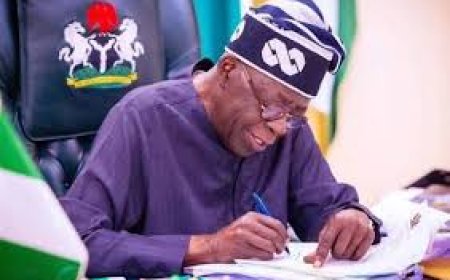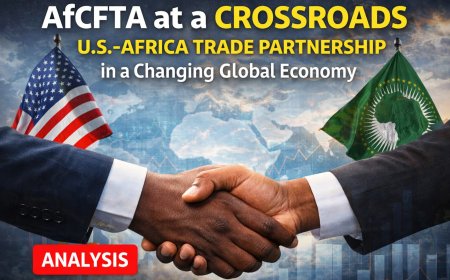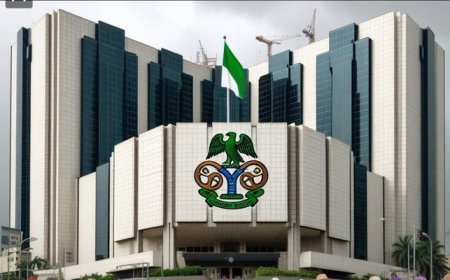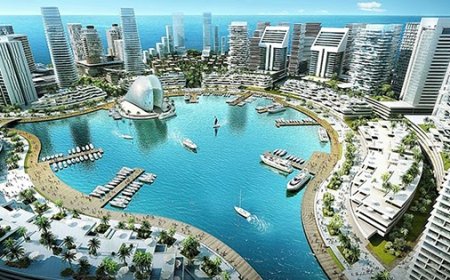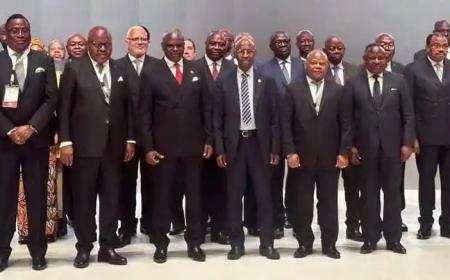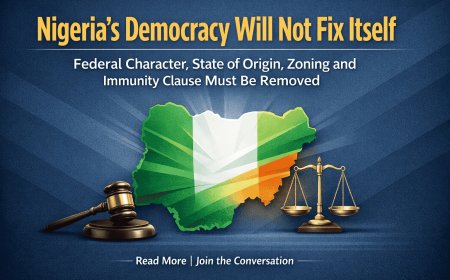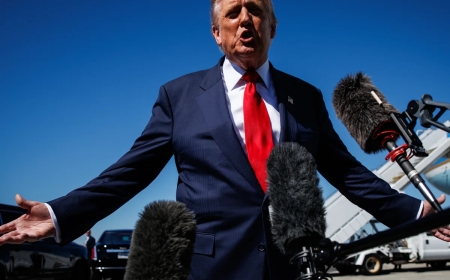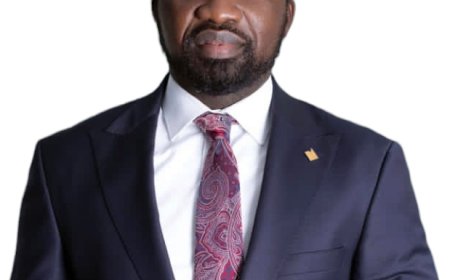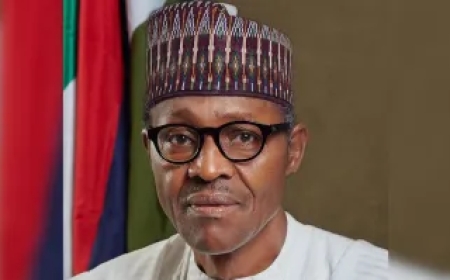Moral Minefield or Smart Move? The Silent Epidemic of Strategic Defaulters in Nigeria’s Lending System
Dive into the rise of Nigeria’s strategic defaulters — a silent rebellion reshaping lending, ethics, and trust in the nation’s financial system.
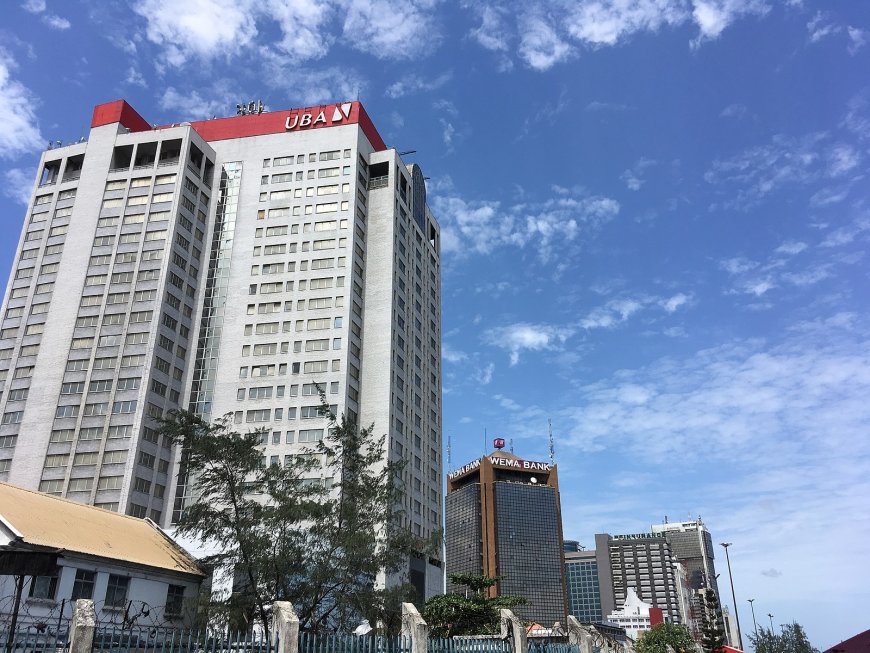
I. Introduction: The Ghost at the Feast
Imagine sitting in your parlour in Ikeja, GRA, or Lekki, the same room where you celebrated with family after getting the mortgage approval letter. Your phone buzzes with a bank alert. The money for this month's repayment is there. You can pay. But instead of feeling pride, a wave of frustration washes over you. You look around at the cracks in the wall, the inconsistent electricity, and the property market report on your screen showing prices stagnating. For the first time, a thought, once unthinkable, takes hold: "What if I just stop?"
This is not the story of a family broken by retrenchment or a failed business. This is a quieter, more complex tale brewing in Nigeria's middle class: the story of the strategic defaulter. We are wading into a moral and financial twilight zone, a silent epidemic beneath the surface of our property market. These are the "walkaways"; homeowners who, despite having the means, choose to stop paying a mortgage on a property that has become a financial prison.
In an economy defined by inflation, currency volatility, and stagnant wages, the dream of homeownership can curdle into the anchor of a bad investment. This quiet rebellion becomes increasingly alluring. It is an act that feels both shrewd and deeply shameful, a betrayal of the Naija spirit of "seeing things through" and a potential leap towards financial survival. This exploration is about the anatomy of a heartbreaking decision within the unique pressures of the Nigerian economy.
See Also:
- The Strategic Partner Every Institution Needs: How KREENO Strengthens Debt Recovery and Asset Protection in Nigeria
- Access Holdings Director Roosevelt Ogbonna Resigns From Board, Remains Access Bank MD
- From Transactions to Trust: How Borrower Orientation is Reshaping Nigeria’s Financial Future
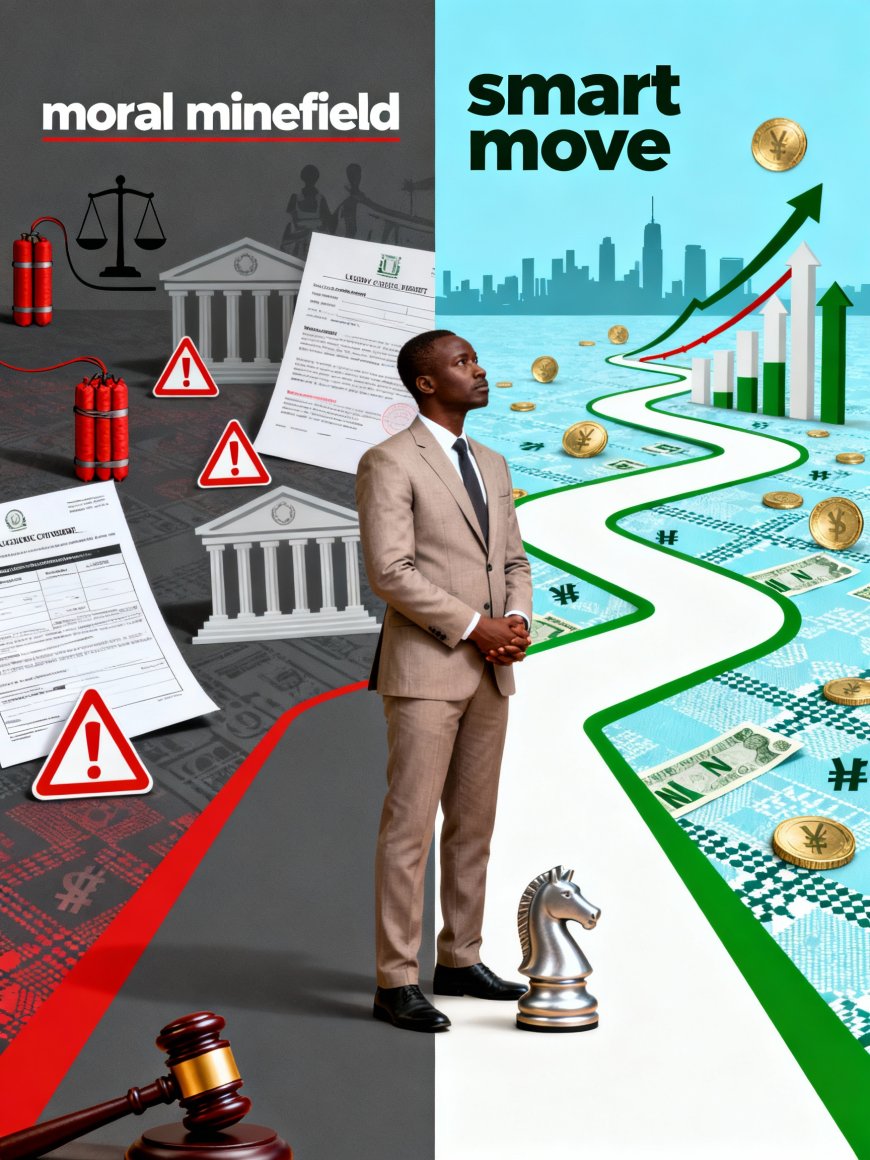
II. The Anatomy of a Decision: The "Package" That Became a Burden
To call strategic defaulting a mere calculation is to miss the profound emotional journey. It begins with a slow-burning sense of betrayal, not just by the market, but by the entire system.
The catalyst is often a property that is both a financial and emotional sinkhole. But what does that feel like in Nigeria? It’s watching the value of your Naira salary shrink monthly whilst your mortgage is locked in. It’s paying a king's ransom for a house in an estate where the developer failed to provide promised amenities such as water, good roads, security, and other infrastructures. It’s the sinking feeling that you are funding a liability, not an asset. You are "throwing good money after bad," pouring funds that could secure your children's school fees or start a business into a concrete box that offers no return.
This phenomenon has spawned its own painful local lexicon. "I have washed my hands off the property," someone might say. It’s the agonising decision to abandon a dream that turned to dust. There's no "jingle mail" here; it's a series of ignored calls from the bank, averted eyes from the facility manager, and the quiet shame of a plan that failed.
III. A Scar from the Past: When the Promise of "Owning Your Own" Broke
The practice isn't new. It was seeded during periods of economic crisis such as the Structural Adjustment Programme (SAP) era, the banking crises of the 2000s when inflation wiped out incomes and made mortgages unsustainable. But today, it is fueled by a modern reality: skyrocketing inflation, a volatile exchange rate, and a property market where prices in Naira terms may seem stable, but have collapsed in US Dollar value, the currency in which many high-end mortgages are effectively benchmarked.
This creates a radical shift in thinking. If the economic system consistently works against the individual, why should they uphold their end of a bargain that has become a one-way street to poverty? The moral outrage directed at these individuals stands in stark contrast to the actions of powerful entities.
Consider the legacy of bank bailouts and the way large corporations restructure debt or abandon projects with impunity. A prominent real estate developer might default on a loan, yet continue to live lavishly. This hypocrisy cuts deep for the homeowner. It reinforces a painful Nigerian double standard: the big man can strategically fail, but the common man is expected to carry his cross until he breaks.
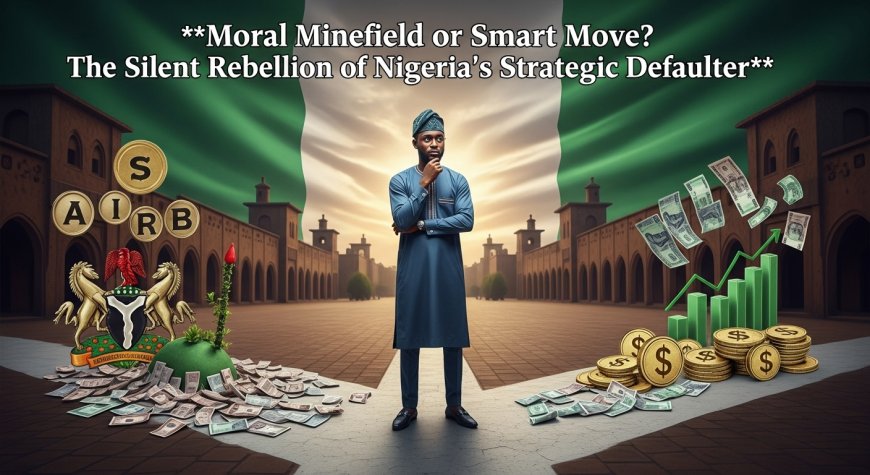
Read Also:
- The Role Of Professional Ethics In Law Enforcement: Safeguarding Justice, Integrity, And Public Trust
- Access Holdings Director Roosevelt Ogbonna Resigns From Board, Remains Access Bank MD
- A Journey of Transformation: Celebrating Dr Ohio O. Ojeagbase FICA, FIDR
IV. The Great Debate: A Clash of Two Naija Values
Strategic defaulting exists at the violent intersection of personal survival and societal obligation, igniting a debate that divides families at owambe gatherings.
Camp One: The Keepers of the Covenant
For this group, a promise is a promise. It’s rooted in the Nigerian principle of integrity in business new culture being championed by the Kreeno Team which means "my word is my bond." Their argument is about duty and reputation. They see strategic default as a selfish act that makes it harder for everyone else. It forces banks or other money lenders to tighten lending, raising interest rates, and locking out other honest Nigerians from the property market. It is, in their view, a failure of character, an "ajeku iya" (avoidance of hardship) that undermines the trust needed for the system to function. "What if everyone did it?" they ask.
Camp Two: The Rational Rebels
Through this lens, strategic default is a painful but necessary business decision. They point to the harsh reality of the Nigerian economy. Is it moral to sacrifice your family’s entire financial future such as their health, education, and well-being to maintain a good credit score with a bank that charges exorbitant fees? They reframe the question: What is the true moral duty? Is it to a faceless institution, or to the children you must put through school? In a system that often feels rigged, they argue, self-preservation is not a sin; it is the only rational choice.
V. The Aftermath: The Long Shadow of the Default
The decision to default is not a clean break; it’s the start of a long, arduous journey with consequences that are deeply personal.
The most immediate blow is to your financial identity in Nigeria's growing credit system. Being blacklisted by the Credit Bureau of Nigeria means more than a bad number. It is the inability to get a loan to expand your business, the rejection when applying for a higher-paying job that requires credit checks, and the humiliation of being denied a simple car loan. You become a financial pariah.
Then comes the legal threat. Banks will not hesitate to initiate foreclosure proceedings. They can obtain a court order to seize the property and may pursue you for the outstanding debt by engaging the services of Kreeno Debt Recovery And Private Investigation Agency, potentially leading to the seizure of other assets or garnishment of your salary. The long and convoluted Nigerian judicial process becomes your new nightmare.
The path of the strategic defaulter in Nigeria is haunted by these ghosts such as a stained reputation, legal battles, and a profound sense of failure in a society that venerates success.
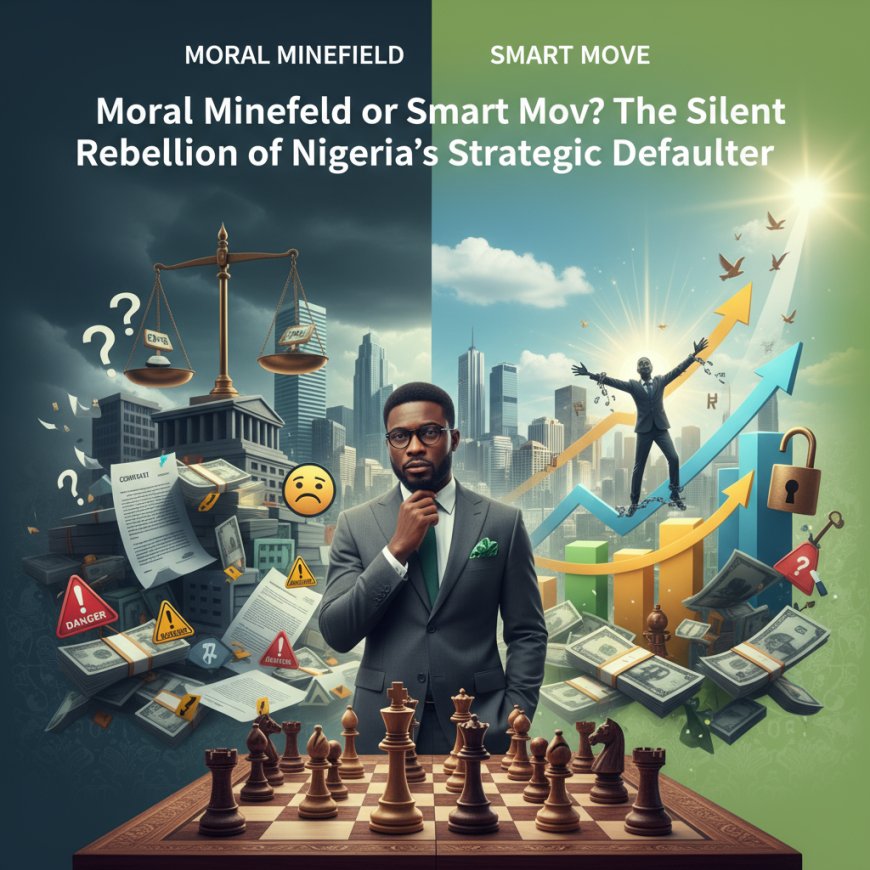
VI. The Road Ahead: A Temptation in a Struggling Economy
As Nigeria's economy continues to face significant headwinds like inflation, currency pressure, unemployment, the temptation to strategically default will only grow or absconding to evade your creditors from reaching you and some simply block the lines of the lenders on their phones hoping that going to court would delay their indebtedness to the Lenders. For many, what was once unthinkable is becoming a calculated contingency plan.
Banks, aware of this risk, are becoming more aggressive. They are leveraging technology for better monitoring and are quicker to send out "demand notices through their Debt Recovery Agents like KREENO CONSORTIUM." The game is becoming more tense. The lack of a strong social safety net makes this decision even more desperate; there is no government programme to fall back on that protects creditors (Banks and Licensed Money Lenders inclusive).
VII. Conclusion: The Naija Dilemma
Strategic default in Nigeria is not a clever financial tactic; it is a crisis of trust in both the system and in personal integrity. It is the brutal arithmetic of despair, where hope for tomorrow collides with the suffocating weight of today’s debt.
Yes, it may appear to offer a temporary escape, but the cost is permanent: a scar on your financial credibility, your social standing, and your future opportunities. It is a high-stakes gamble where you risk present assets against long-term stability.
If you find yourself in that parlour, contemplating the unthinkable, proceed not just with caution, but with clear-eyed counsel. Speak to a trusted financial advisor, not a "mago-mago" lawyer that would counsel you to go to court as a form of delay tactics. Weigh the pros and cons with the gravity of a decision that will define the next decade of your life or the generations to come. Remember that strategic default is not a clever hack; it is a financial trauma, a last resort born of systemic failure and personal despair that exposes your true lack of integrity in business principle. It is the sound of the Nigerian Dream cracking under pressure, and its echo lingers long after the courtroom battles, unpaid debts, and broken trust, or proceeding with court delay tactics to avoid paying debts after issuing series of dishonored cheques which are criminal in nature within the Nigeria criminal code system.
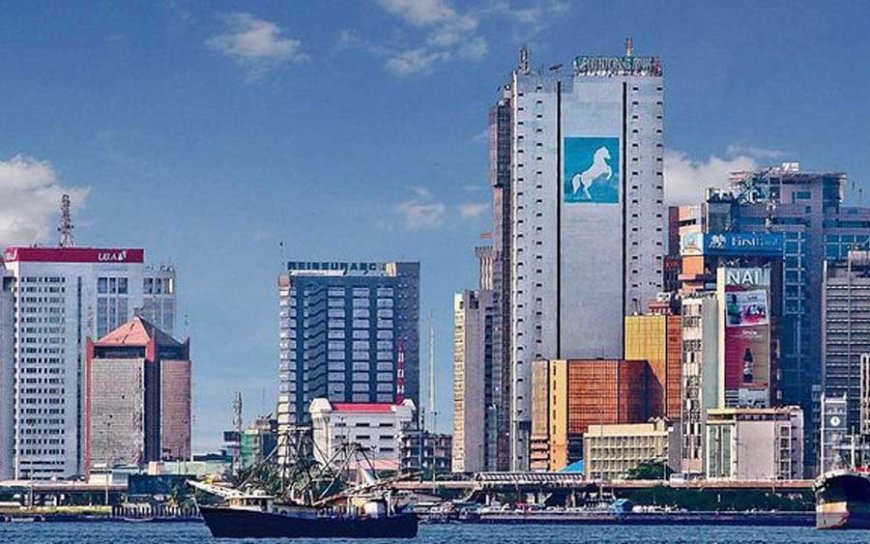
About the Author
Dr. Ohio O. Ojeagbase, FICA, SFIDR, is a respected authority in corporate governance, integrity in business culture, debt recovery, and private investigation. With a solid academic foundation in security studies and governance, he has made notable contributions to advancing professional ethics in policing and investigative practice. Recognized as the first PhD holder in Private Investigation and Governance in Africa, he also serves as the Convener of the Coalition Against Financial Fraud Initiative in Africa (CAFFIA), where he leads conversations on combating financial crimes across the continent. A prolific researcher and thought leader, his work emphasizes transparency, accountability, and professionalism in global security services. Dr. Ojeagbase is also the Co-founder and Chief Private Investigator of KREENO CONSORTIUM, a firm specializing in debt recovery, security integrity, and private investigations.
Kindly share this story:
Contact: report@probitasreport.com
Stay informed and ahead of the curve! Follow The ProbitasReport Online News Report on WhatsApp for real-time updates, breaking news, and exclusive content especially when it comes to integrity in business and financial fraud reporting. Don't miss any headline and follow ProbitasReport on social media platforms @probitasreport
©2025 ProbitasReport - All Rights Reserved. Reproduction or redistribution requires explicit permission.
ADVERT:

What's Your Reaction?







